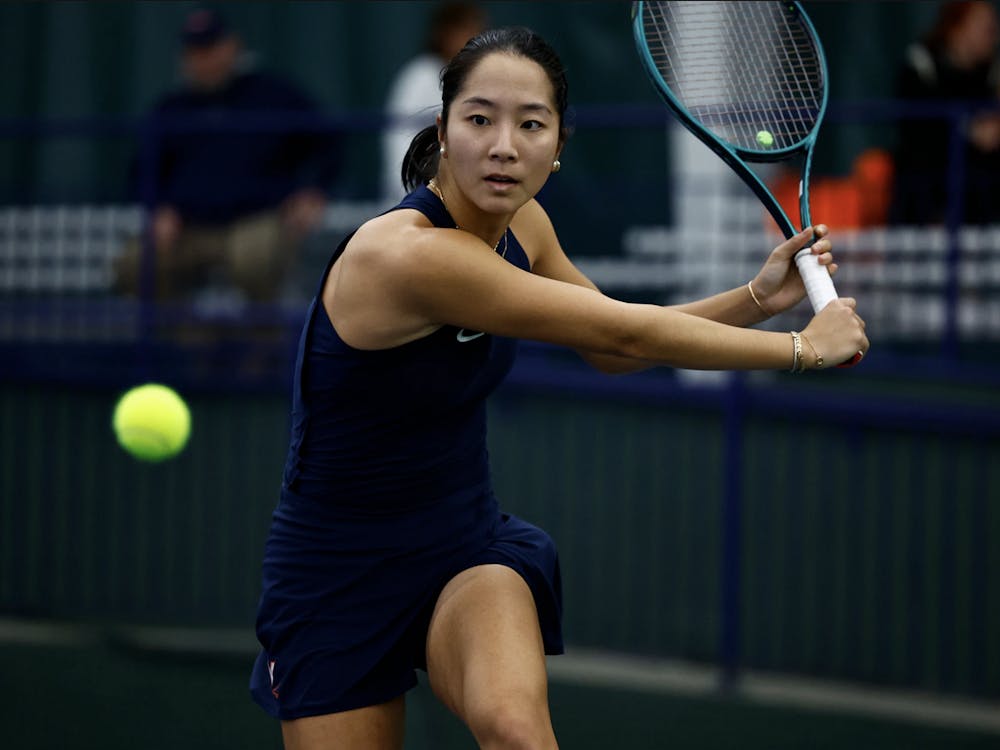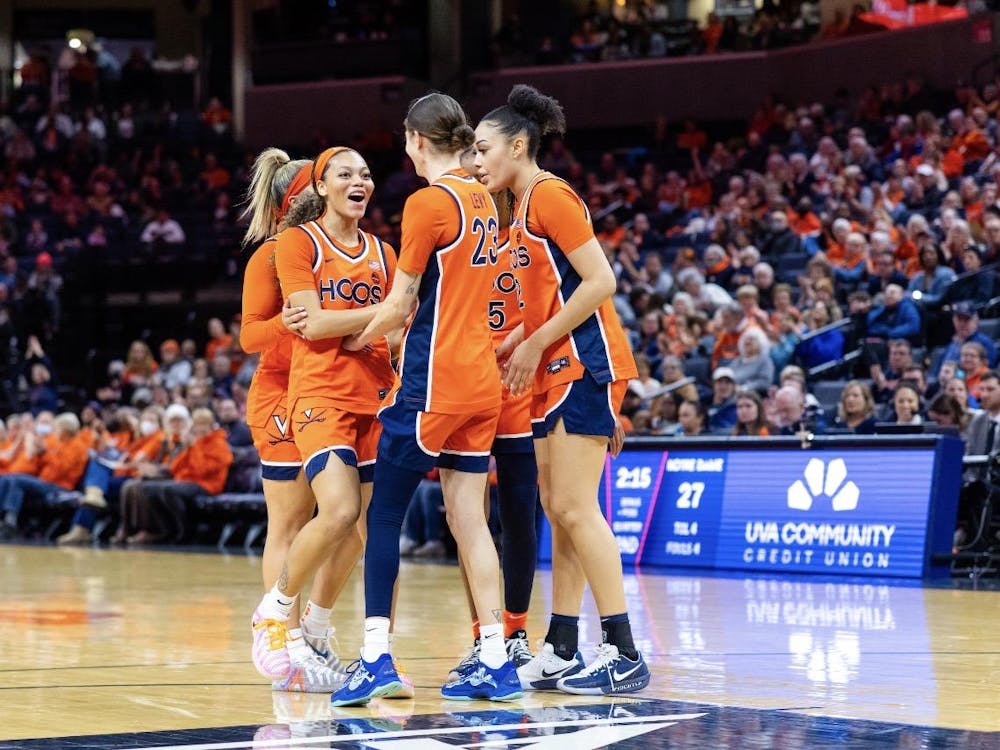Tiger Woods was my hero.
I was 5 years old when my dad and I witnessed Tiger's miraculous comeback in the 1996 U.S. Amateur. I instantly became hooked on the unflinching teenager, fist-pumping his way to victory at Pumpkin Ridge.
I was 10 when my dad gave me the ultimate birthday present: A trip to the 2001 Masters. Many fans remember that tournament as the final chapter of the Tiger Slam, but I remember it as the time Tiger's mom, Kultida Woods, noticed my bright red shirt and handed me a glass Tiger pin. I'm looking at that pin right now.
I was 16 when I applied to a summer program and wrote about the person I most wanted to meet. I gushed: "Earl Woods prophesized that his son would 'transcend the game' and 'the world will be a better place to live in ... by virtue of his ... presence.' The media mocks this comment, but I believe it to be true. Tiger has been condemned as too noncontroversial and one-dimensional to fulfill the expectations his father thrust upon him. These critics ignore that in order to make a difference, one has to first be recognized. Tiger will silently continue to gain in prominence, until he is ready to make his mark on the world."
Don't worry, the irony isn't lost on me.
I'm 19 now, and Tiger has indeed "transcended the game". He's planted himself firmly into the realm of tabloid fodder and secured his status as a running national joke. When I predicted Tiger would make his mark on the world, I didn't envision it being as the punch line to every "Guess who's a Lion Cheetah?" one-liner.
These days, Tiger is far from noncontroversial. You cannot escape the onslaught of "Tiger can find chicks but not birdies" headlines. Tiger's most recent T-28 finish in the PGA Championship two weeks ago only added momentum to the doubts about him ever being the same. Prior to the PGA, Tiger failed to find himself at the St. Andrews British Open, an upset equivalent to Phil Mickelson saying no to a second slice of cake. Louis Oosthuizen - that's right, Oosthuizen - annihilated the field by seven strokes, putting on the type of performance usually reserved for Tiger.
Those poor showings are just two in a line of many. Tiger has lost the U.S. Open, the Masters and every other tournament he has played this season. He has lost public admiration and a vast array of corporate sponsors. Most devastatingly for him, he has lost his family; his divorce papers were finalized this week.
The man I once worshipped as a winner has become a loser, and deservedly so. Tiger treated adultery like a hobby, and I did not expect Elin to forgive him for it. I wouldn't.
But I also won't just write him off. Maybe I'm being stubbornly loyal to a man who has been anything but. Before he was the world's most famous adulterer, however, Tiger was an apparently perfect human being. In some ways, that is what makes his fall from grace more pronounced.
Tiger's foundation has raised countless dollars for educating America's youth. His active support of the Green Berets, the force his father served in, has shed light on a worthy set of troops. Although Tiger Woods' 1997 Masters victory was not Jackie Robinson in 1947, it was continuing where Jackie left off. Tiger took one of the most conservative and predominantly white sports by storm, bringing golf to a whole new audience.
Tiger's work on the course has been largely unparalleled by any golfer or athlete. His extended periods of dominance are unlike anything ever witnessed. For more than a decade, we watched Tiger tame the golf courses, marching around with an alternating display of ingenuity, toughness and heart.
We all have our heroes. For those of us who admire athletes, Tiger's sudden fall reminds us not to treat mortals as deities, not to place them on pedestals from which they cannot help but tumble down. We all want to look up to someone, to find that person who can be perfect when we can't, who can make up for our own failures. Tiger Woods was that person for me. I have learned, however, that he can't be anymore.
But I hope he learns how to make up for his own failures. I hope he uses this low point to reevaluate the choices he has made and to realize what a big impact he can have on society. Right now, he has the whole world's attention, albeit for a very wrong reason. One day, I hope he uses his platform for the right reason.\nAs Earl Woods said, he could start making "the world a better place to live in"






